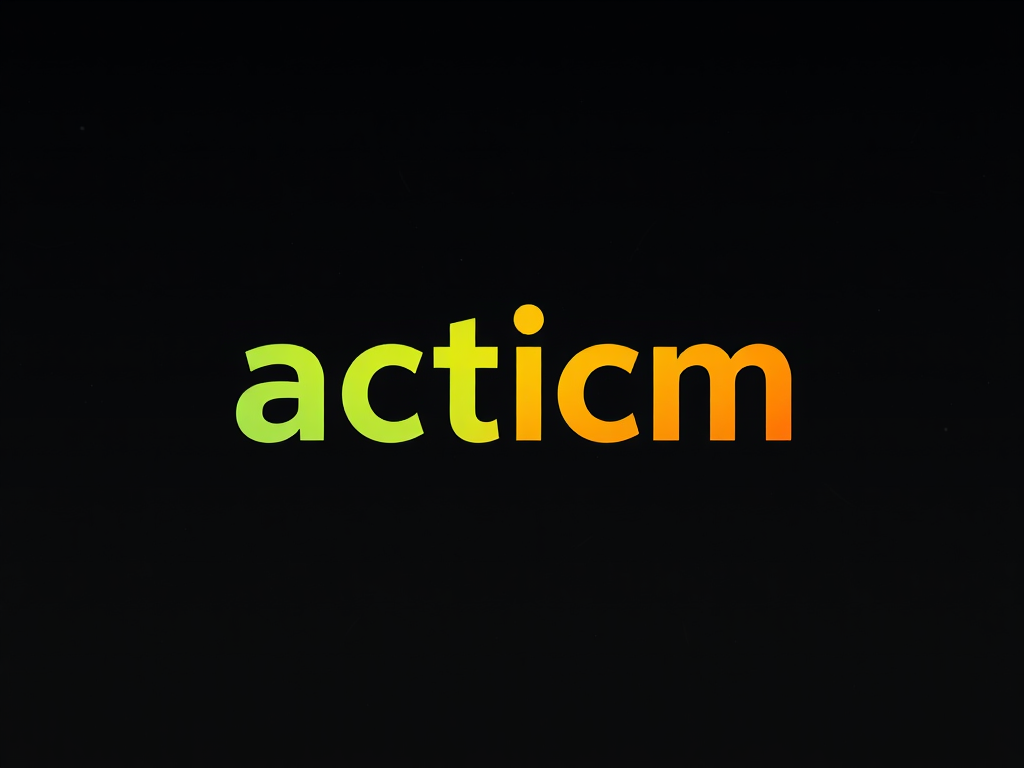Innovations Transforming Mental Health Care in the UK
The UK has increasingly embraced innovative mental health approaches that aim to enhance patient outcomes and bridge gaps left by traditional services. Recent years have seen the adoption of modern mental health initiatives that combine clinical advancements with community and technology-driven solutions. This shift reflects a national trend toward holistic, personalized care.
One significant trend driving innovation is the integration of multidisciplinary treatments that go beyond medication and conventional therapy. For example, approaches that incorporate psychological, social, and digital components are gaining traction. Experts emphasize how these emerging mental health treatments prioritize patient engagement and adaptability. According to mental health professionals, this evolution marks a deliberate move from a one-size-fits-all model to tailored care plans that respond to individual needs.
Also to discover : What Strategies Can Individuals Adopt to Maintain Optimal Health in the UK?
Health authorities in the UK stress the importance of collaboration between healthcare providers, researchers, and local communities to drive these advances. Such partnerships have enabled the development of cutting-edge practices that integrate technology, peer support, and alternative therapies. This holistic integration positions the UK as a leader in pioneering innovative mental health approaches that set new standards in care delivery.
Digital Tools and Technology-based Interventions
The rise of digital mental health tools UK has revolutionized how mental health care is accessed and delivered. Among the most impactful are mental health apps designed to support mood tracking, cognitive behavioural therapy (CBT), and mindfulness exercises. These apps often provide users with customizable features that tailor treatment to individual needs, reflecting a broader trend in modern mental health initiatives towards personalization.
This might interest you : What Are the Key Challenges Facing UK Health Systems Today?
Online therapy innovations have expanded significantly in the UK, especially since the increase in demand during recent years. Teletherapy platforms now enable patients to connect with licensed therapists via video or messaging, reducing barriers related to geography and stigma. Artificial intelligence (AI) also plays a growing role in this domain, where algorithms help therapists monitor patient progress or even offer preliminary assessments. This integration aligns with emerging mental health treatments that emphasize continuous and accessible care.
Statistics show that usage of digital mental health tools is increasing rapidly across the UK population. Recent surveys indicate that over 40% of individuals seeking mental health support have engaged with at least one digital mental health tool UK. Effectiveness studies reveal improvements in symptoms of anxiety and depression when these technologies are used alongside traditional therapies. This trend highlights how technology complements existing services, providing scalable and flexible options that meet diverse patient needs.
Community-Led and Peer-Supported Initiatives
Community mental health projects UK have become crucial in expanding support beyond clinical settings. These grassroots mental health innovation efforts empower local groups to create tailored services addressing specific community needs. For instance, some initiatives organize peer-led workshops that offer practical coping strategies in familiar, non-clinical environments. This approach helps reduce barriers often associated with traditional healthcare, such as stigma or limited accessibility.
Peer support mental health networks are fundamental to these projects. By connecting individuals with shared experiences, they foster understanding and emotional safety. Experts highlight that peer-led approaches often enhance engagement and encourage sustained participation, crucial for long-term recovery. Importantly, peer supporters receive training to guide discussions and identify when to direct participants to professional help, ensuring a complementary relationship with formal care pathways.
The impact of community mental health projects UK is evident in increased accessibility for marginalized groups and reduced stigma around mental health topics. Localized efforts also facilitate quicker responsiveness to emerging needs, allowing services to adapt dynamically. Such initiatives exemplify how grassroots mental health innovation plays a vital role in a comprehensive mental health system by bridging gaps left by standard treatment models and making care more approachable and inclusive.
Innovations Transforming Mental Health Care in the UK
Innovative mental health approaches UK are reshaping how care is designed and delivered, marking a significant shift in the landscape of mental health services. Central to this transformation is the adoption of modern mental health initiatives that prioritize personalization, integration, and flexibility. Moving beyond traditional methods that relied heavily on medication or standard psychotherapy, these emerging mental health treatments incorporate multidisciplinary strategies. They blend psychological therapies, social support mechanisms, and digital technologies to create more comprehensive care models.
A key trend driving this innovation is the emphasis on patient-centred care. Experts note that tailored treatment plans, which adapt to individual preferences and life circumstances, are becoming the norm rather than the exception. This reflects a broader understanding that mental health challenges manifest uniquely in each person and require diverse therapeutic tools. Clinicians and researchers alike endorse this approach, highlighting how it encourages greater patient engagement and results in better adherence and outcomes.
Moreover, the UK’s commitment to collaborative development fosters continual evolution in this space. Partnerships among healthcare professionals, academic institutions, and communities enable rapid testing and implementation of cutting-edge treatments. Consequently, novel approaches such as digital support integrated with in-person therapies, community involvement, and alternative treatment options are becoming widespread. These innovations demonstrate how the UK leads the way in redefining mental health care by combining evidence-based practices with adaptive, patient-focused solutions.
Innovations Transforming Mental Health Care in the UK
The landscape of mental health care in the UK has been significantly shaped by innovative mental health approaches UK that emphasize flexibility and personalization. These modern mental health initiatives incorporate a broad spectrum of methods, moving beyond traditional therapy to include multidisciplinary interventions. Key drivers of this transformation include the integration of psychological, social, and technological strategies, resulting in more comprehensive and adaptable treatment plans.
One prominent trend in these emerging mental health treatments is the focus on patient-centred care, which acknowledges that mental health conditions manifest differently across individuals. Experts advocate for customizing intervention strategies to match personal preferences and life contexts, enhancing engagement and therapeutic outcomes. This marks a departure from one-size-fits-all practices, underlining the importance of agility in treatment design.
Healthcare professionals highlight that collaboration across sectors—combining clinical expertise with community insights—fuels innovation. Such partnerships enable pilot programs that test novel approaches, including blended care models integrating face-to-face therapy with digital support tools. This synergy between clinical innovation and practical application exemplifies how the UK continues to lead in advancing mental health care through innovative mental health approaches UK that are responsive and patient-focused.
Innovations Transforming Mental Health Care in the UK
Innovations in mental health care in the UK are shaped by a focus on innovative mental health approaches UK that move beyond traditional treatment paradigms. Central to this shift are modern mental health initiatives that embrace multidisciplinary, patient-centred strategies combining psychological, social, and technological elements. These approaches recognise that mental health conditions require nuanced interventions tailored to each individual’s needs.
Key trends driving innovation include the blending of evidence-based therapies with digital tools and community resources. For example, integrating digital platforms to support therapy enhances accessibility and continuous engagement. Experts highlight how this shift facilitates more dynamic care, replacing rigid, standard models with flexible, evolving treatment plans.
Clinicians and researchers stress the importance of collaboration across sectors to foster these emerging mental health treatments. Partnerships between healthcare providers, academics, and community groups enable rapid development and evaluation of novel interventions. This cooperative environment is fundamental in scaling personalized care that optimises outcomes, showing how the UK is at the forefront of transforming mental health services.




